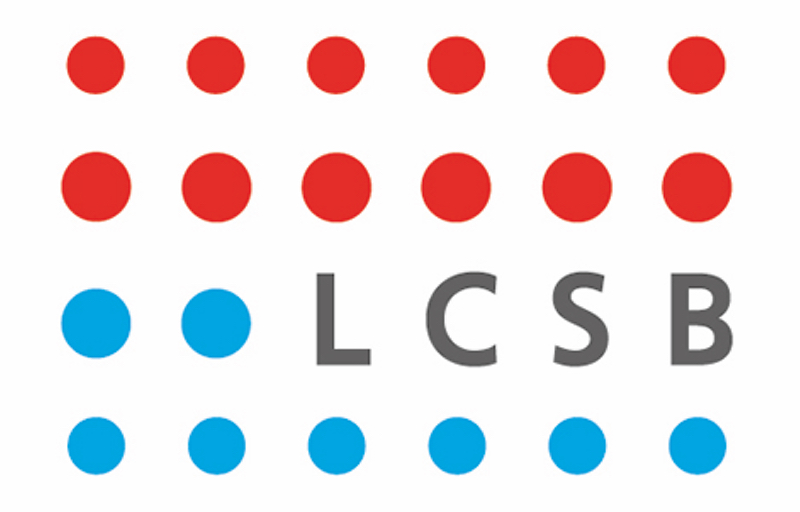


|
|
| Address | Biotech I (BT1): University of Luxembourg Campus Belval 7 avenue des Hauts-Fourneaux L-4362 Esch-sur-Alzette Biotech II (BT2)/main building: University of Luxembourg Campus Belval 6 avenue du Swing L-4367 Belvaux |
|---|---|
| Platforms | Biomarkers, Small Molecules |
The LCSB is one of three interdisciplinary centres within the University of Luxembourg and was established in 2009 to accelerate biomedical research by closing the link between systems biology and medical research.
Its Vision is to:
- understand the mechanisms of complex biological systems and disease processes
- enable new ways to cure and prevent human disease
LCSB aims to generate a better understanding of diseases as complex systems through collaboration between a wide range of specialist including medical doctors, computer scientists, biologists, engineers and mathematicians. The LCSB develops and applies systems-level approaches to gain insight into the molecular and cellular mechanisms of human diseases with a focus on neurodegenerative diseases. Experimental and computational approaches are combined to analyse the complexity of biological systems underlying disease pathogenesis.
This is reflected in the research activities, platforms and services:

The LCSB is pioneering the way for predictive, preventive and personalised medicine. Neurodegenerative diseases, especially Parkinson’s disease are major targets within LCSB’s research activities. The Centre has established strategic partnerships with leading biomedical laboratories worldwide and with all major biological and medical research units in Luxembourg. The LCSB fosters collaboration with industrial partners and promotes the translation of fundamental research results into (clinical) applications to develop new diagnostic tools and therapies benefiting patients.
As such, the LCSB is hosting several ambitious projects in translational medicine:
















